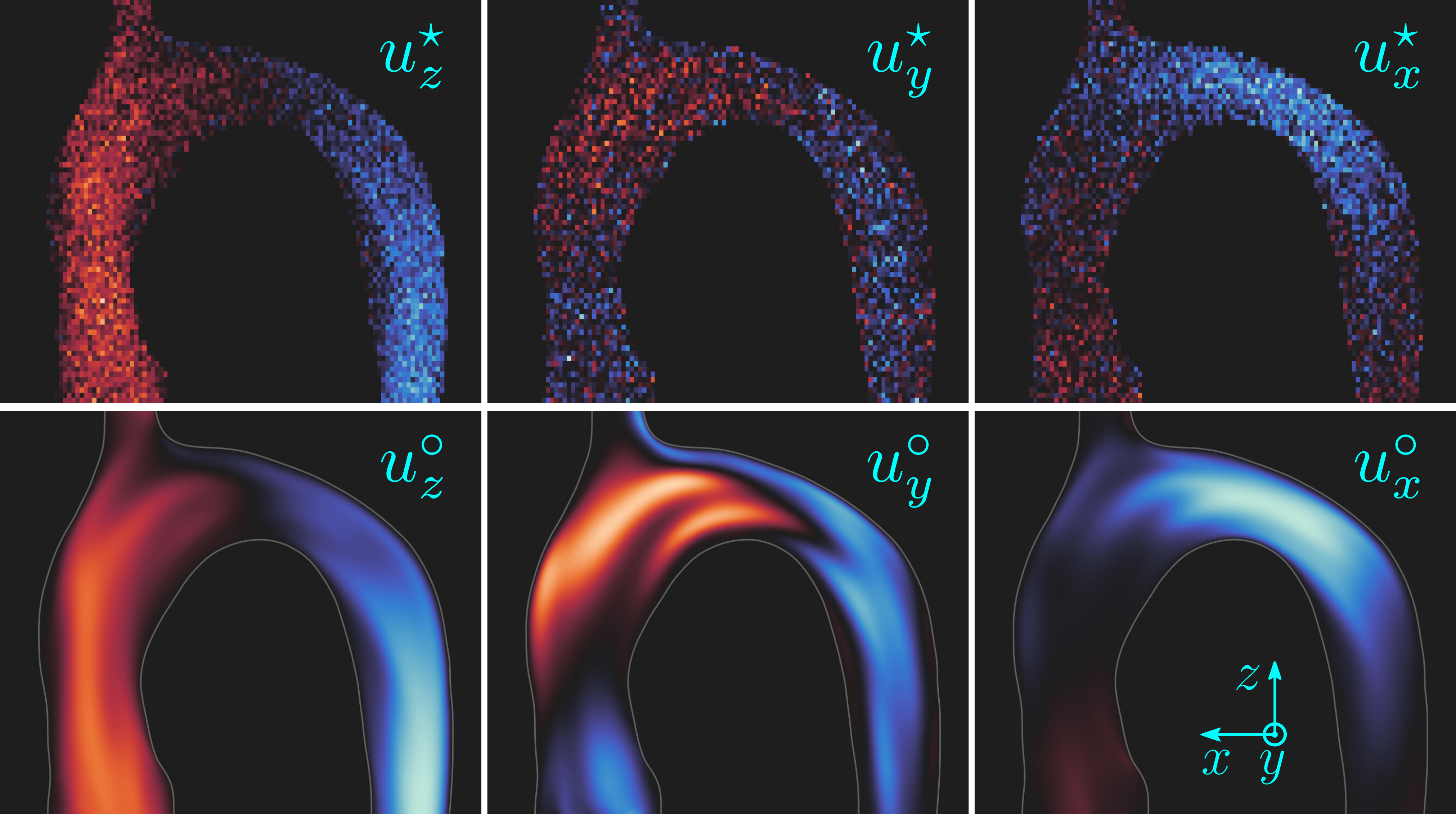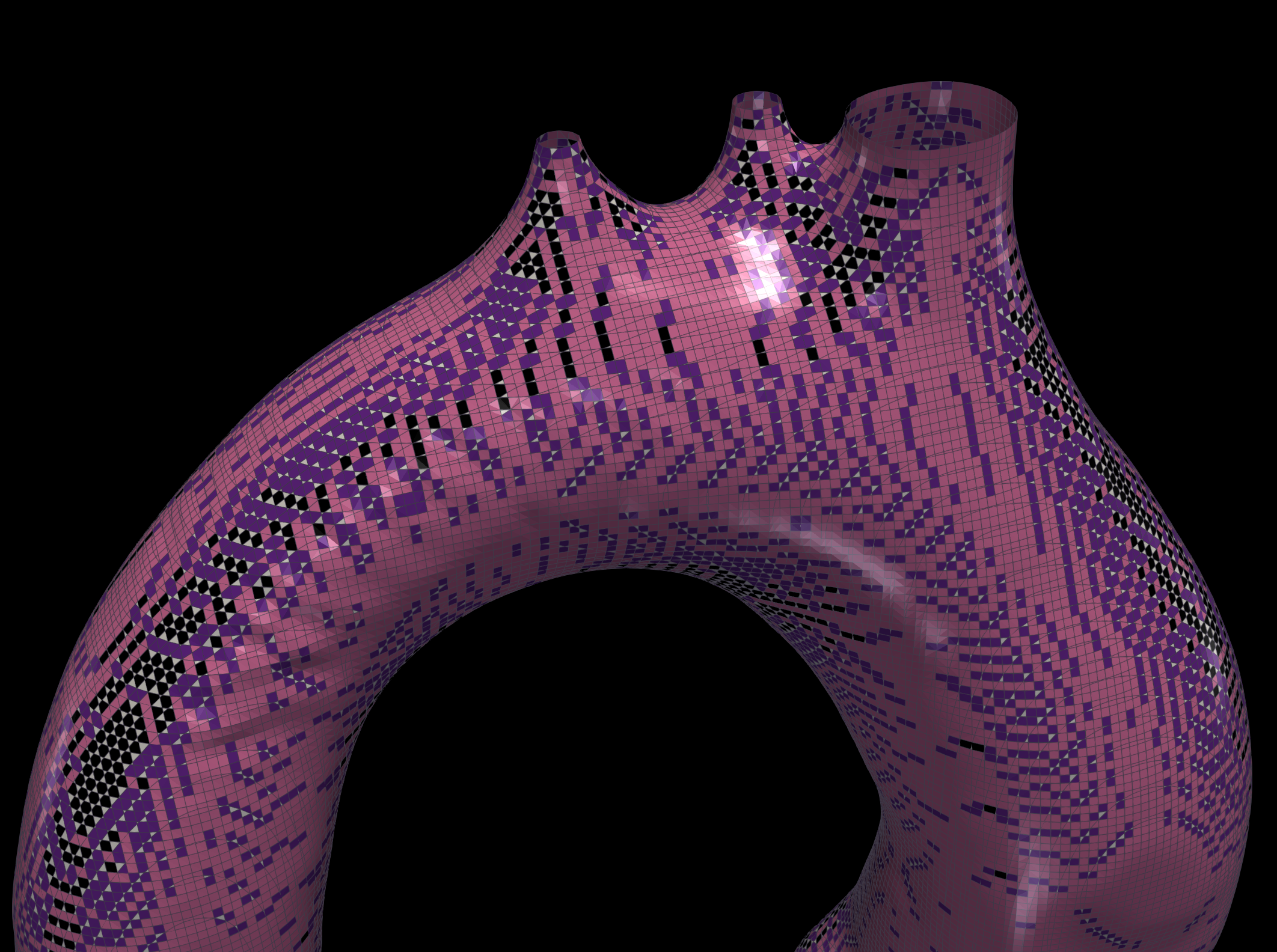
Professor Juniper is among 11 academics at the University of Cambridge to receive Advanced Grants from the European Research Council – the highest number of any institution in this funding round. Funding totalling €721 million will go to 281 researchers across Europe.
This type of long-term funding is invaluable, allowing senior researchers the time and space to develop potential solutions for some of biggest challenges we face.
Professor Sir John Aston, Cambridge’s Pro-Vice-Chancellor for Research
The ERC Advanced Grants, part of the EU’s Horizon Europe programme, is one of the most prestigious and competitive funding schemes in the EU. It gives senior researchers the opportunity to pursue ambitious, curiosity-driven projects that could lead to major scientific breakthroughs.
This year's 2,534 proposals were reviewed by panels of internationally renowned researchers. Only 281 (11 %) of proposals were selected for funding.
President of the European Research Council, Professor Maria Leptin said: ‘Congratulations to the new grant winners! Much of this pioneering research will contribute to solving some of the most pressing challenges we face - social, economic and environmental, etc.’
Professor Juniper received his grant for research in Fundamental AI for Physical Systems which has real world applications in medicine and engineering.
The key insight is that information hidden within experimental data can be revealed more accurately and efficiently if computers are programmed to know as much as possible about the data before it arrives.
The more the physics is already known, the less computer power is required. Some problems that currently require high performance computer clusters can be solved on a laptop.
The five-year €2.5m ERC grant will fund two post-doctoral researchers and three PhD students to apply Fundamental AI to two key areas: medical Flow Magnetic Resonance Imaging (Flow-MRI) and jet engines, which were chosen for their potential positive impact on society.
The first area of research, Flow-MRI, uses magnetic fields to measure the speed of blood flows in the body. Professor Juniper’s research could reduce hospital Flow-MRI scan times by 10 to 100 times while improving the accuracy of information provided to doctors.

Image above: Top row - raw MRI velocity data of the flow through an aortic arch. Bottom row: inferred velocity field and boundary position, having imposed physical knowledge of the fluid's behaviour. Credit: Kontogiannis et al
Professor Juniper explains: "The more we know about the data beforehand, the more it can tell us about what we don’t know. Take for example a raw Flow-MRI image, which is difficult for a human to interpret.
"If we know that the image is of blood pulsing through an artery then a computer can infer the flow more accurately than a human can because it can be programmed with prior physical knowledge about how blood behaves.
"With quicker scans providing better information, the health of your major arteries could be monitored regularly and you could be brought in for minor preventative surgery before a problem develops, rather than major acute surgery afterwards."

Image above: Vessel boundary inferred from raw MRI velocity data of the flow through an aortic arch. Credit: Kontogiannis et al.
The second area of his research is the stability of aeroplane engines so that they can be designed to be safe when using sustainable aviation fuel or hydrogen, using experimental data from his industrial collaborators. He explains:
"Experiments on aeroplane engines are expensive but are crucial to ensure safety as the industry moves from kerosene to sustainable aviation fuel. By extracting more information from each experiment, we can move faster and with more certainty towards a sustainable future in aviation."
The 20th century mathematician John von Neumann is quoted as saying “with four parameters I can fit an elephant and with five I can make him wiggle his trunk.” This is often interpreted to mean that physics-based models should contain only a few parameters. Today, however, scientists frequently use neural networks with millions of parameters containing no physics at all. What might von Neumann have said?
Professor Juniper's research project starts from this question. The project will develop a solution rooted in Probability Theory, accelerate calculations using adjoint methods pioneered by Professor Juniper, and apply this to real world problems.
Returning to von Neumann's elephant quote, we can only guess what he would have said. Today we have better physical knowledge, faster numerical algorithms, higher performance computers, and larger amounts of data than he did 70 years ago. Perhaps von Neumann would have said 'put the physics in the model if you can,' which is exactly what this project will do.
Advanced Grants from the European Research Council
Estimates show that the grants will create approximately 2,700 jobs in the teams of new grantees. The new grantees will be based at universities and research centres in 23 EU Member States and associated countries, notably in the UK (56 grants), Germany (35), Italy (25), the Netherlands (24), and France (23).
“Many congratulations to our Cambridge colleagues on these prestigious ERC funding awards,” said Professor Sir John Aston, Cambridge’s Pro-Vice-Chancellor for Research. “This type of long-term funding is invaluable, allowing senior researchers the time and space to develop potential solutions for some of biggest challenges we face. We are so fortunate at Cambridge to have so many world-leading researchers across a range of disciplines, and I look forward to seeing the outcomes of their work.”

